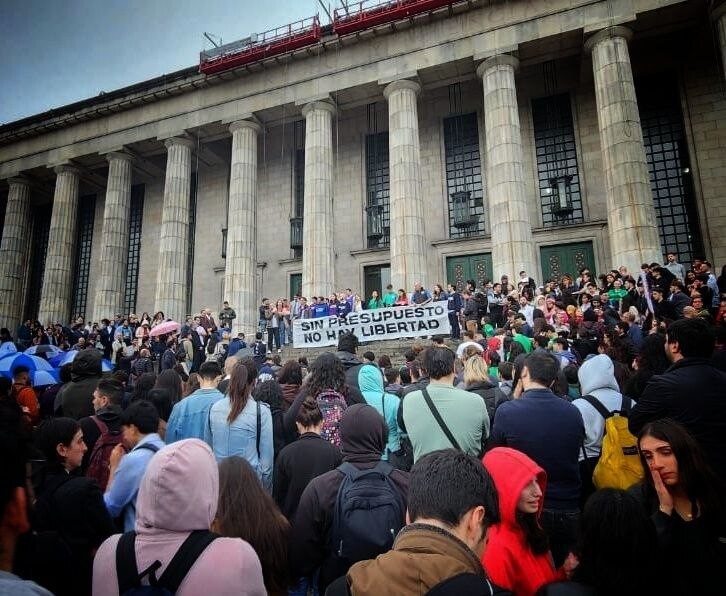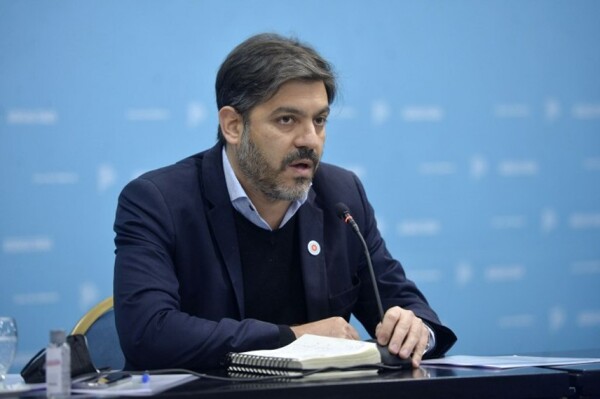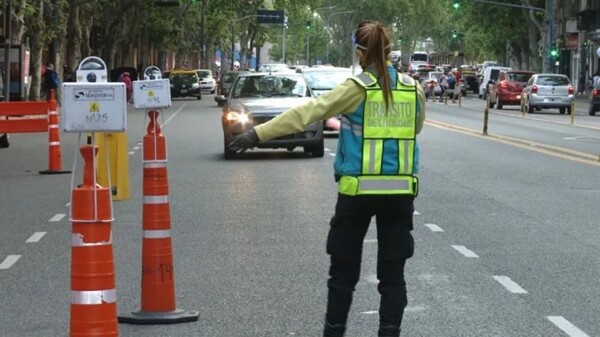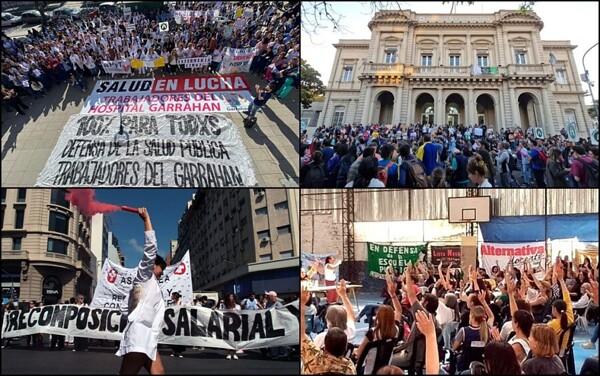
Recently, there has been a debate about the possibility of organizing a third national university march, more focused on Buenos Aires and aimed at obtaining immediate responses to basic demands, such as recovery of salaries above the poverty line and even above the indigence line. In some faculties, both internal and external threats have raised doubts among assembly participants about whether they should vote in favor of the occupations.
Last weekend, many university students have been regaining strength for a new week of protests, while student and faculty activism has been engaging in intense debate and organizational meetings across various currents, in addition to more permanent assemblies that have various working and fighting commissions. The initiative that arose after the veto on October 2 has revitalized a movement that until then had failed in its attempt to improve the budget, salaries, scholarships, and research.
It is noteworthy that the government ordered the urgent eviction of employees from the former Ministry of National Education, the Pizzurno Palace, after a significant march in that location. At the Faculty of Arts in La Plata, management ordered non-teaching staff to lock the doors while students were on the march. Such repressive actions have been increasing, with police presence in the vicinity and incidents of violence.
Throughout this week, more than 100 assemblies have been held across the country, with around 90 faculties occupied in 41 universities, accompanied by mobilizations, street blockades, and public classes with growing social support. These actions have had a significant impact, being considered the largest in Argentine history and with little precedent in other countries.
In the midst of this protest environment, the government and its supporters have shown confusion and bewilderment, as the fight for improved funding for scholarships, cafeterias, and research continues. Despite provocations and repression, popular responses have become increasingly firm and coordinated.
The possibility of a five-day strike called by CONADUH for next week is being considered, with no further indications for the moment. Coordination among different sectors and the accumulation of a new power in construction will be key for deepening the struggle.
In summary, the Argentine university movement is experiencing a phase of intense mobilization and debate, with actions that challenge government policies and seek substantial improvements in the educational field. Issues such as budget cuts, salary restructuring, and the defense of public education have been at the center of the protests, which have spread throughout the country with wide social support.














